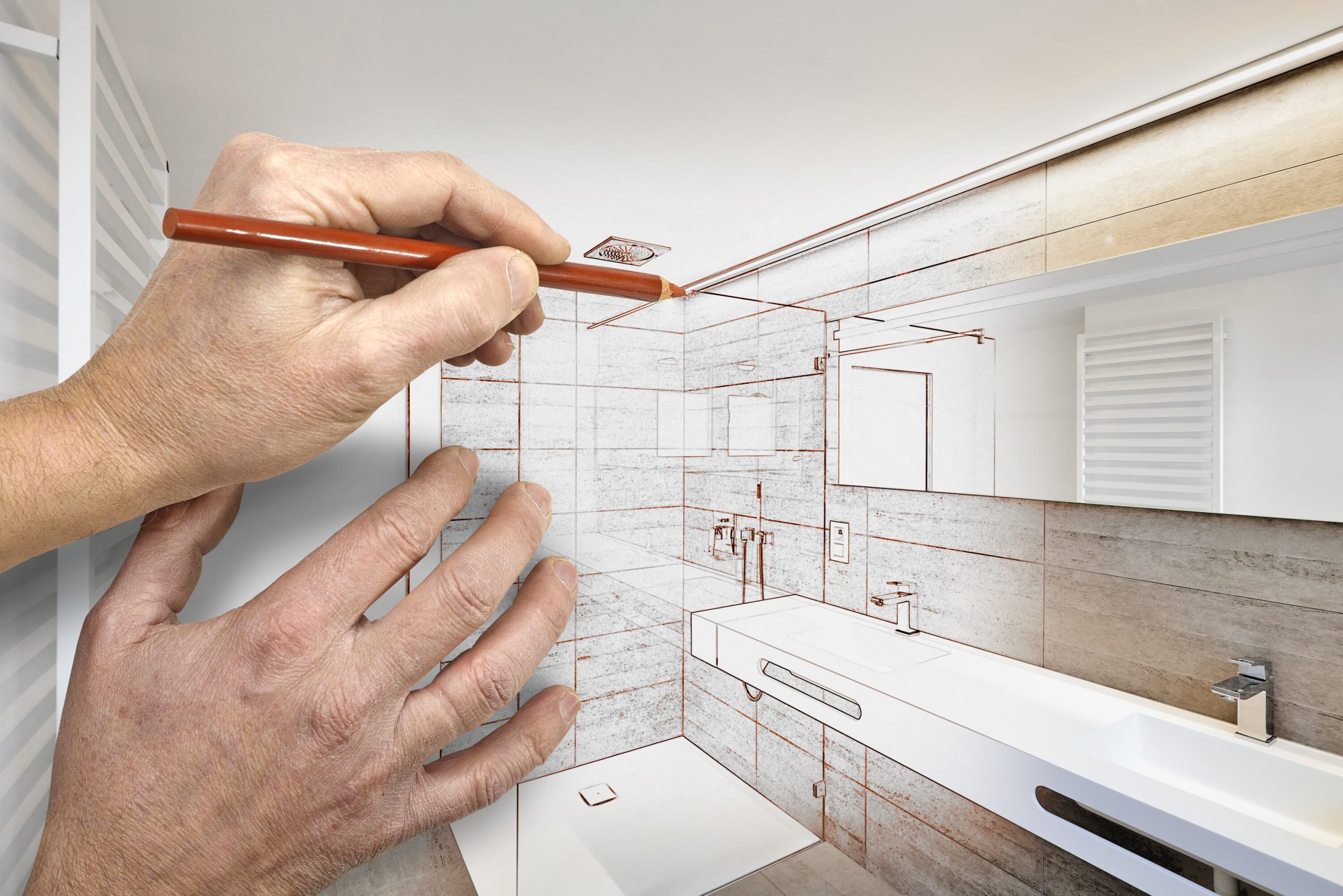
New Home? Get to know your HVAC.
Any time you buy a new home, there’s so much to learn. Where’s the electrical box? Which switch turns on the kitchen light and which one turns on the disposal? Just how long can you shower before the hot water runs out? But there are also important things you need to learn about your HVAC system and simple steps you can take to maximize the efficiency and lifespan of your unit.
1. Get the Facts: Hopefully you’ve already gotten this information as part of your home inspection, but make sure you haven’t missed anything. What type of HVAC system do you have? How old is it? Is it still under warranty, and for how long? What’s the efficiency rating of your system?
2. Find Your Filters: Where is the air intake in your home? What size and type of intake filters do you need? Go ahead and stock up on those filters, then set an alert on your phone or make a note on your calendar to remind you to change the filter regularly.
3. Let the Air Flow: When you’re arranging furniture in your new home, make sure you don’t block the vents. And check that all the vents are open. Blocking air coming from the vents impedes circulation and decreases the efficiency of your HVAC system.
4. Give It Room to Breathe: Clear away all brush and foliage around your outside HVAC unit. Vegetation including monkey grass, fallen leaves, and pine needles around the unit can block air flow and increase moisture collecting inside, which can lead to rust.
5. If It Quacks Like a Duct…: If you have symptoms of duct problems, such as excessive dust, a musty odor, uneven heating/cooling, or unusually high energy bills, have your ducts inspected and serviced by a licensed HVAC technician. It can make your home more comfortable and save you money in the long run.
Last, but very definitely not least, one of the most important steps you can take as a new homeowner is to get on board with a reputable, licensed HVAC company. Have them inspect and perform regular preventive maintenance on your HVAC before problems arise. It’ll help to keep your family safe and comfortable, and you’ll immediately know whom to call if your air conditioning goes out in the middle of a heat wave or your heat quits working on the coldest night of the year. Plus, your regular technician will already know your system and be better equipped to get you back in business as quickly as possible.


